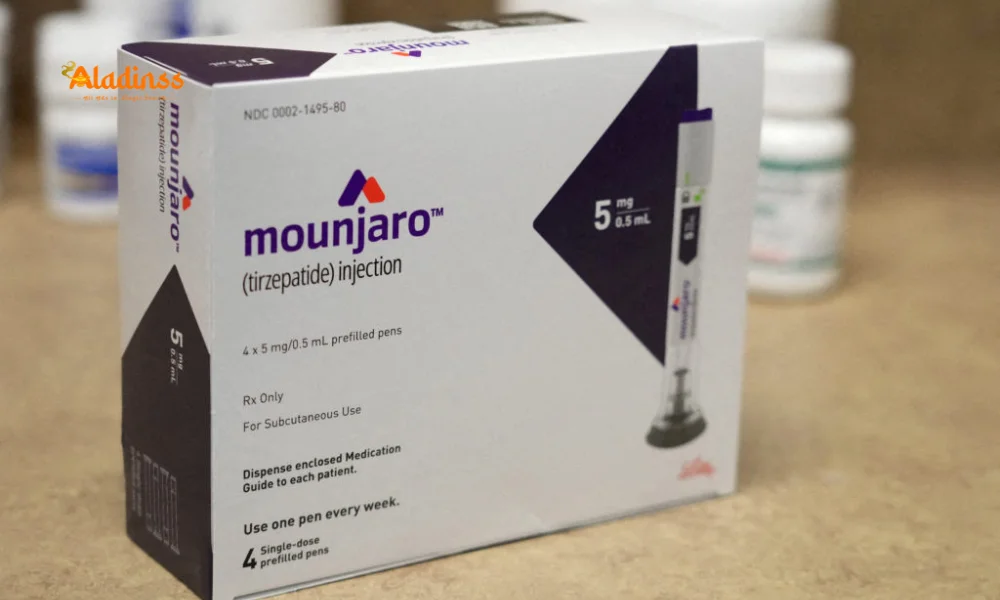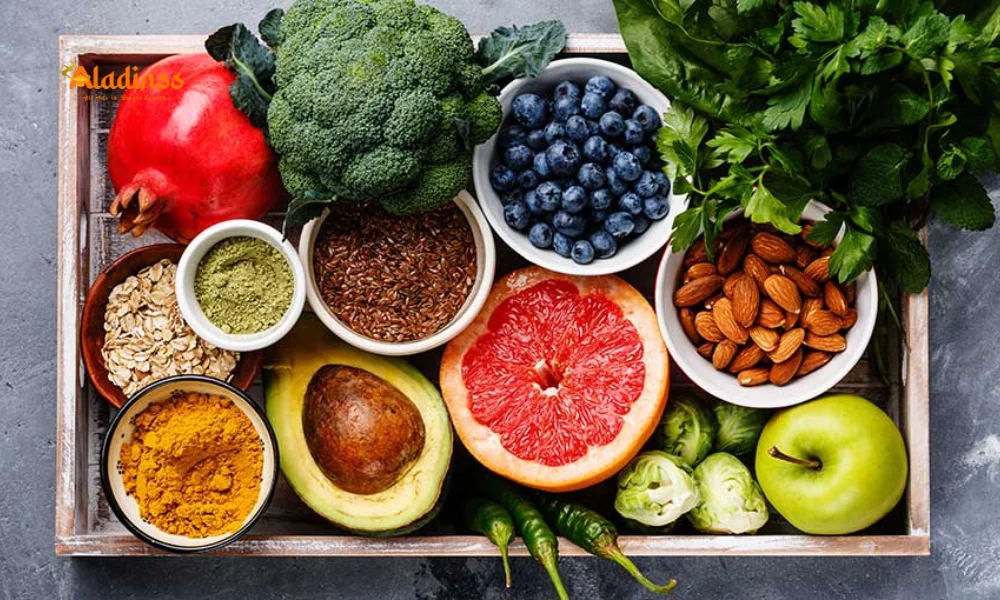Gastroenterologist Warns: 10 Everyday Foods Harm Liver More Than Sugar
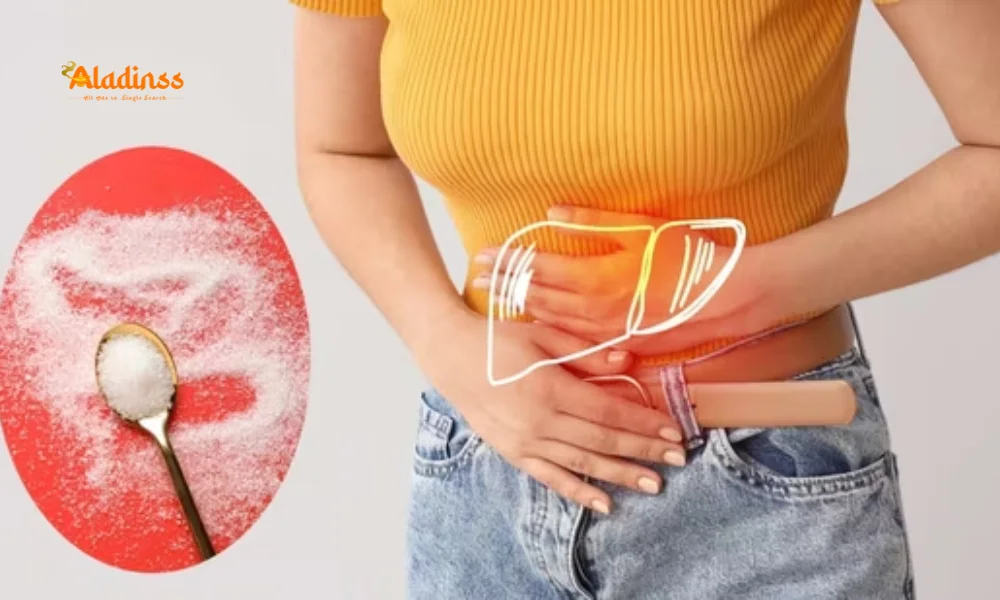
Gastroenterologist Warns: 10 Everyday Foods Harm Liver More Than Sugar
While most people are aware that excessive sugar consumption can harm the liver, other everyday foods may pose an even greater threat. Dr. Manish Dodmani, a leading gastroenterologist at KIMS Hospitals, has highlighted ten common foods that can silently damage your liver, increasing the risk of non-alcoholic fatty liver disease (NAFLD), inflammation, and even liver cancer if consumed regularly. These foods, often loaded with unhealthy fats, sodium, and artificial additives, can overload liver cells, impair detoxification, and lead to serious health issues. Understanding these culprits and making informed dietary choices is crucial for maintaining liver health and preventing long-term damage.
The Hidden Dangers to Your Liver
The liver is a vital organ responsible for detoxifying the body, metabolizing nutrients, and regulating blood sugar. However, certain foods can strain its functions, leading to fat buildup, inflammation, and scarring, known as cirrhosis. Dr. Dodmani emphasizes that while sugar is a known contributor to liver issues, other everyday foods can be even more harmful due to their high content of sodium, trans fats, and artificial additives. By identifying and reducing consumption of these foods, you can protect your liver and reduce the risk of serious conditions like NAFLD and liver cancer.
1. Processed Meats
Processed meats like bacon, sausages, and ham are packed with preservatives, nitrates, and sodium. These additives put significant pressure on the liver, causing inflammation and promoting fat buildup. Dr. Dodmani warns that frequent consumption increases the risk of NAFLD. Instead, opt for lean meats like chicken or plant-based proteins such as lentils to reduce liver strain and support overall health.
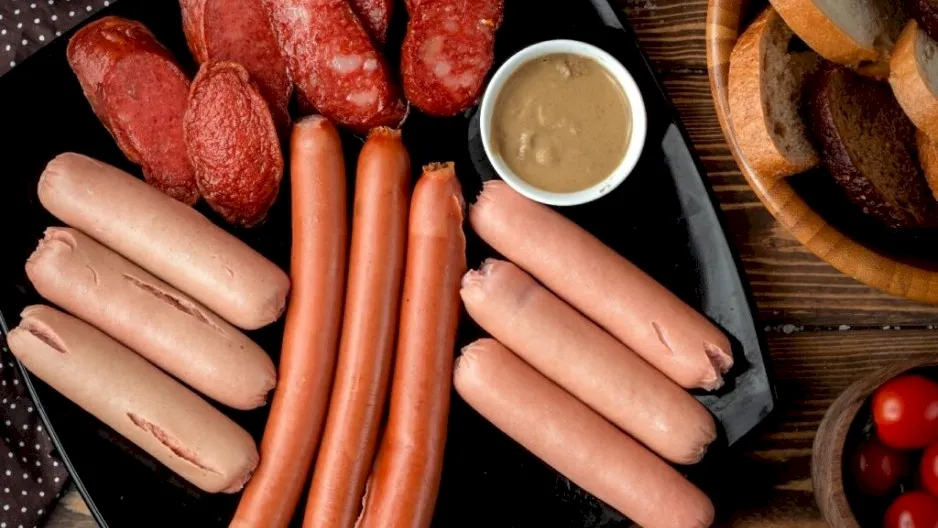
2. Fried Foods and Trans Fats
Fried foods, such as French fries and fried chicken, are often cooked in oils containing trans fats, which are notorious for harming liver health. These fats raise bad cholesterol levels, promote inflammation, and contribute to fatty liver disease. Regular consumption can clog liver cells, impairing their ability to detoxify the body. Choosing grilled or baked alternatives can significantly reduce these risks.
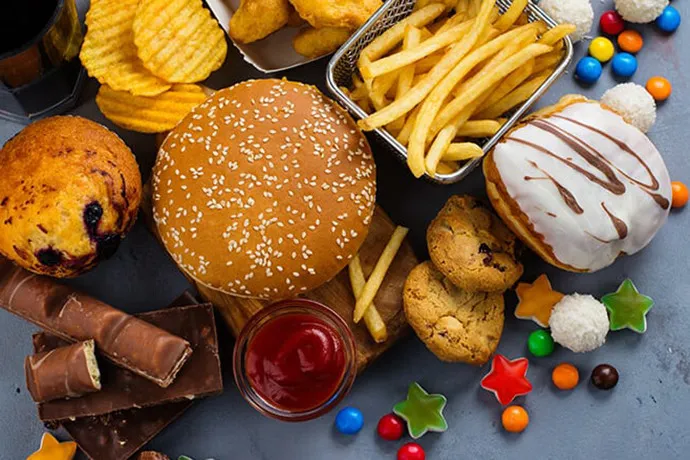
3. Instant Ramen and Packaged Snacks
Instant noodles, chips, and other packaged snacks are loaded with sodium, preservatives, and artificial additives. These ultra-processed foods overburden liver cells, reducing their detoxification capacity. Excess sodium is also linked to liver fibrosis and fluid retention, which can worsen liver function over time. Dr. Dodmani recommends choosing whole, unprocessed snacks like nuts or fresh fruit to support liver health.
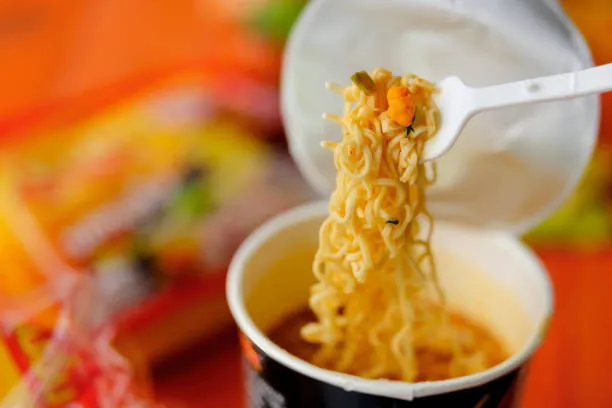
4. Bakery Goods and Refined Flour
Pastries, white bread, cookies, and cakes made with refined flour cause rapid blood sugar spikes, leading to fat storage in the liver. Dr. Dodmani notes that refined carbohydrates behave similarly to sugar, contributing significantly to fatty liver disease and insulin resistance. Swapping refined flour products for whole grains like quinoa or brown rice can help protect your liver from these harmful effects.
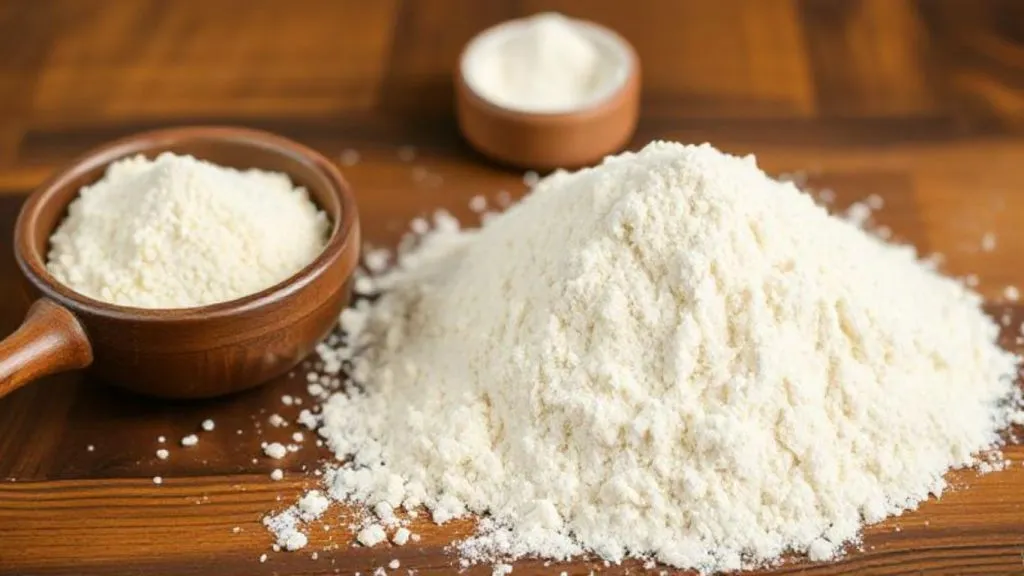
5. Sugary Breakfast Cereals
Many breakfast cereals, even those marketed as 'healthy,' contain high amounts of hidden sugars. Regular consumption, especially in the morning, leads to fat accumulation in the liver, increasing the risk of NAFLD. Dr. Dodmani advises choosing low-sugar, whole-grain cereals or alternatives like oatmeal topped with fresh fruit to start your day without harming your liver.
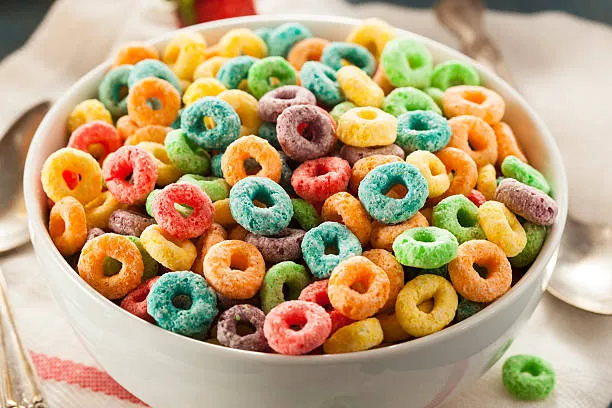
6. Red Meat
Red meats like beef and lamb are high in saturated fats, which are challenging for the liver to process. Over time, excessive intake can lead to inflammation and fatty liver disease. Dr. Dodmani suggests limiting red meat consumption and opting for leaner proteins like chicken, fish, or plant-based options such as lentils to reduce liver strain and promote better health.
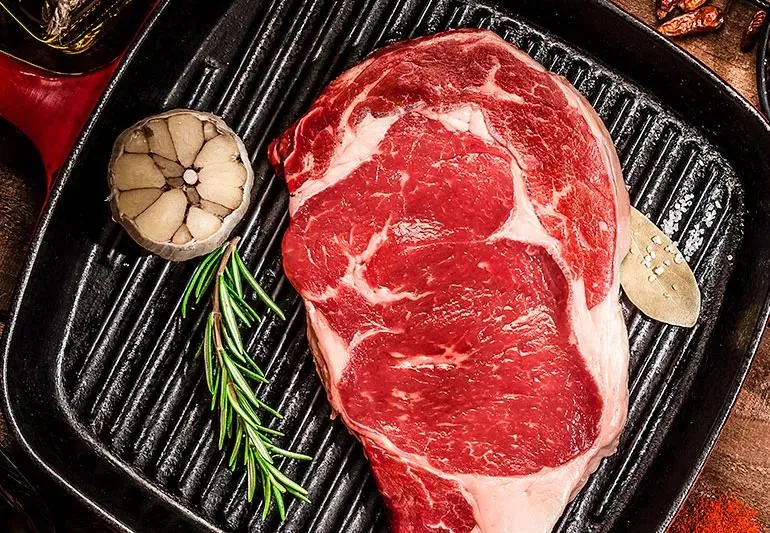
7. Alcohol and Energy Drinks
While alcohol is a well-known liver toxin, energy drinks are equally harmful due to their high caffeine, sugar, and artificial ingredient content. These drinks can cause liver enzyme spikes and potential toxicity, especially when combined with alcohol. Dr. Dodmani recommends avoiding energy drinks and limiting alcohol to protect your liver from unnecessary stress and damage.
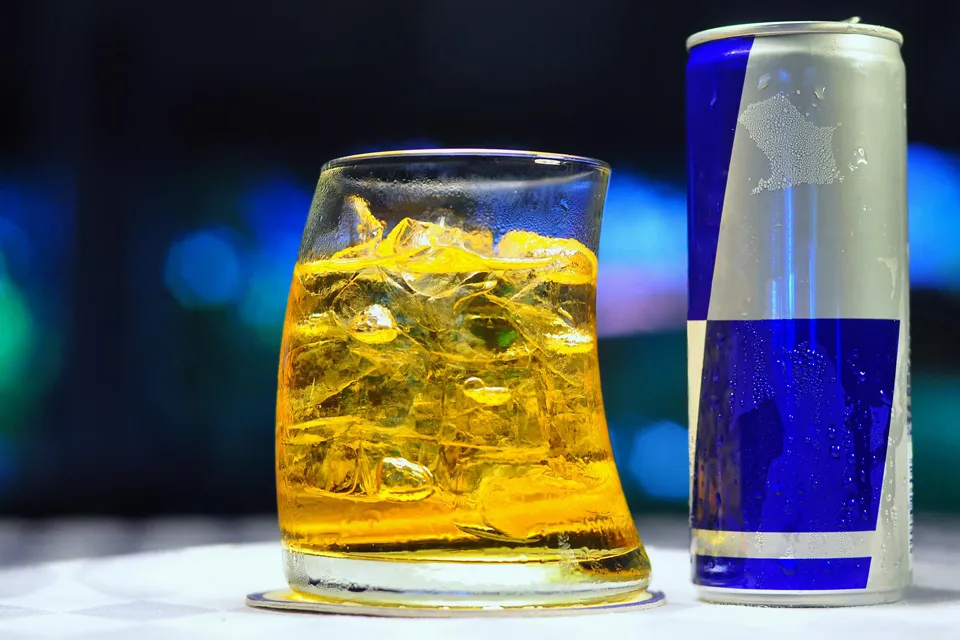
8. Bottled Fruit Juices
Despite their healthy image, bottled fruit juices often contain added sugars and preservatives that burden the liver. Dr. Dodmani warns that these drinks can be as damaging as sugary sodas, contributing to fat buildup and liver stress. Choosing whole fruits or freshly squeezed juices without added sugars is a better option for liver health.
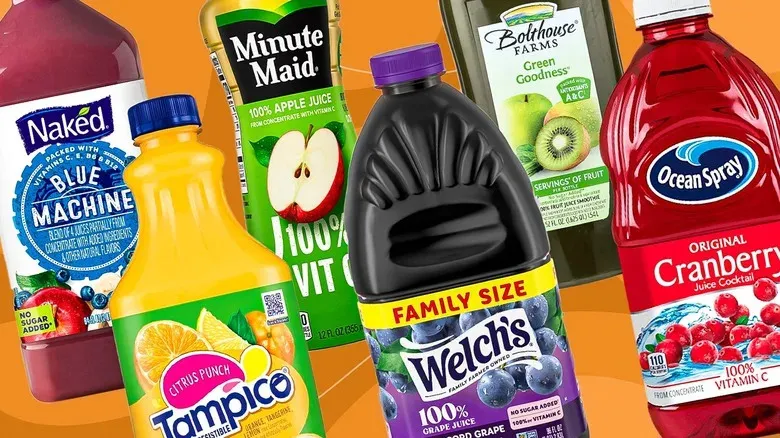
9. Salty Foods
High-sodium foods like chips, instant meals, and frozen foods can contribute to liver fat buildup and increase the risk of cirrhosis, according to a study in Nutrition Research. Excessive salt intake also leads to fluid retention, which can worsen liver function. Dr. Dodmani advises checking nutrition labels and aiming for less than 2,300 mg of sodium daily to protect your liver.
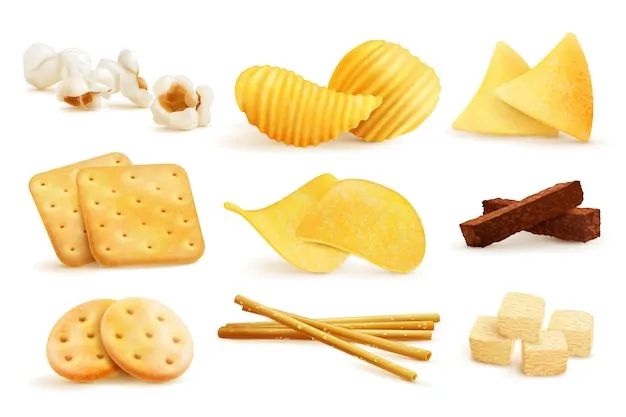
10. Sugary and Fatty Desserts
Desserts like cakes, doughnuts, and ice cream combine high levels of sugar and fat, posing a double threat to the liver. These treats increase insulin resistance and promote fat storage, making it harder for the liver to function properly. Dr. Dodmani suggests opting for fruit-based desserts or small portions of dark chocolate to satisfy sweet cravings without harming your liver.
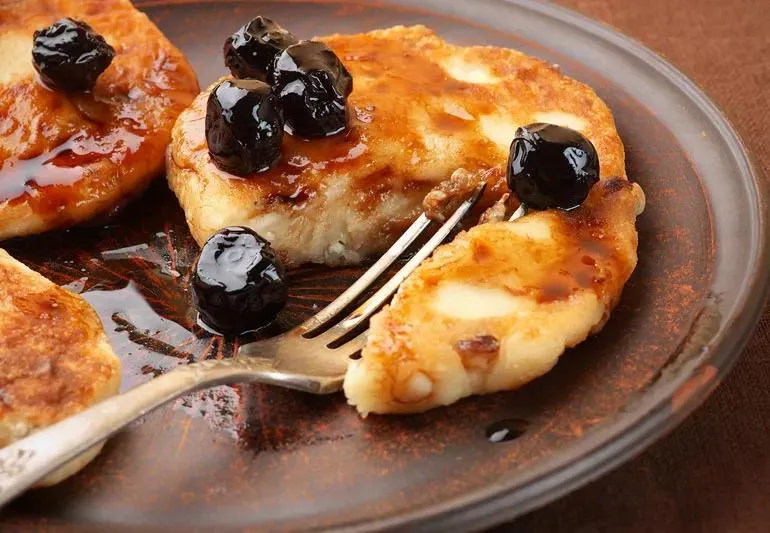
Why These Foods Harm Your Liver
These ten foods share common traits: high levels of sodium, unhealthy fats, or artificial additives that overburden the liver. Processed meats and salty foods contribute to inflammation and fluid retention, while fried foods and desserts promote fat buildup and insulin resistance. Instant snacks and bottled juices, loaded with preservatives and sugars, impair the liver’s detoxification processes. By reducing these foods, you can lower the risk of NAFLD, cirrhosis, and liver cancer, ensuring your liver functions optimally.
Healthier Alternatives for Liver Wellness
Protecting your liver doesn’t mean sacrificing flavor. Dr. Dodmani recommends incorporating liver-friendly foods like leafy greens, berries, and fatty fish, which are rich in antioxidants and omega-3s. Whole grains, nuts, and olive oil can replace refined carbs and unhealthy fats. Staying hydrated with water or herbal teas also supports liver detoxification. By making these swaps, you can enjoy delicious meals while reducing the strain on your liver and promoting long-term health.
The Science Behind Liver Damage
Scientific studies, such as those published in Nutrition Research, confirm that high sodium, trans fats, and processed foods contribute to liver fat accumulation and inflammation. These foods trigger oxidative stress and disrupt the liver’s ability to metabolize fats and toxins, leading to conditions like NAFLD and cirrhosis. By contrast, a diet rich in fiber, antioxidants, and healthy fats supports liver function and reduces disease risk. Dr. Dodmani’s advice aligns with this research, offering practical ways to protect your liver through dietary changes.
Comment / Reply From
No comments yet. Be the first to comment!

